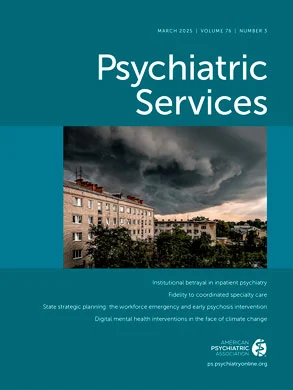In The Healthcare Fix, Laurence J. Kotlikoff, professor of economics at Boston University, gets part of the problem right and part of the solution right, but the voucher solution he proposes is flawed, because it would add administrative expense and keep the insurers in control. Even if insurers were motivated to include the sick, they are motivated to deny care.
Kotlikoff proposes that everyone "receive annual vouchers for health insurance, the amount of which would be based on their current medical condition." He calls it the Medical Security System and says that it will dismantle Medicare and Medicaid. He predicts that insurance companies will lose on some people who get sick that year and would benefit from those people who use less health care. But the government's determining the size of each individual's expected health care costs would require enormous bureaucracy.
Health insurance vouchers were first proposed in 1971 by Paul M. Ellwood, "the father of managed competition among private insurance carriers." But the competition we want in health care is among physicians and hospitals, not among insurance plans.
The Healthcare Fix is only 92 pages, but it is not very readable because it presents so many numbers and some abbreviations are not defined. Much of this book is not easy to understand if you are not an economist, and Kotlikoff veers off into global economic concerns of inflation and foreign countries selling their United States government bonds.
Kotlikoff's reasoning is based on the moral-hazard myth and the premise that we are getting too much care. "Moral hazard" refers to the fact that insurance can change your behavior. "In 1968, the economist Mark Pauly argued that moral hazard played an enormous role in medicine." This has had a profound influence on health economics. "The fear of moral hazard lies behind the thicket of copayments, deductibles and utilization reviews . . . and explains the general lack of enthusiasm by United States health economists for the expansion of health care coverage" (
1 ).
Kotlikoff does not address our lack of emphasis on wellness, prevention, and primary care or our overemphasis on high-tech, expensive tests and treatments, some of which are unnecessary. In other countries, 70% of medical staff are primary care doctors, while 70% of medical staff in the United States are specialists.
Similar to President George W. Bush, Kotlikoff says that "our country . . . has universal healthcare . . . . Those who are really sick can walk into . . . emergency rooms." He ignores that this delayed care drives up costs but admits that the government already pays for 60% of our medical care (
2 ). He says "No American should go without basic medical care," but people do because they are afraid of being billed. He admits that the most efficient way to compel payment for medical insurance is to use the tax system, that health saving accounts favor high-income people, and that the Massachusetts and California plans are costing more than projected. He liked President Clinton's plan in 1993 to require everyone not in Medicare to join a health maintenance organization but felt that it would require "a huge bureaucracy," a major objection to the plan.

